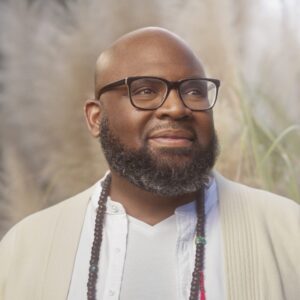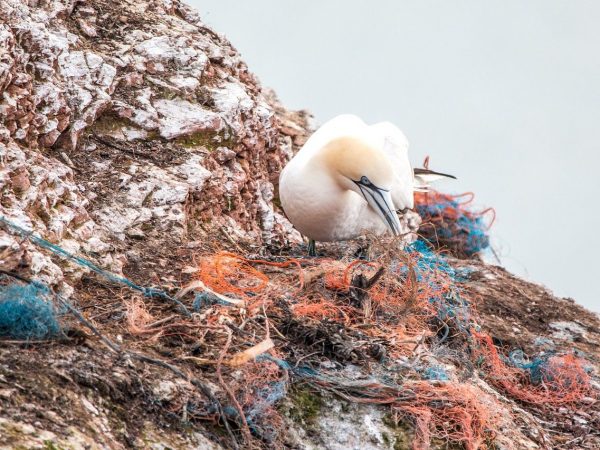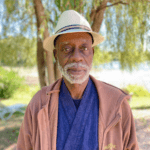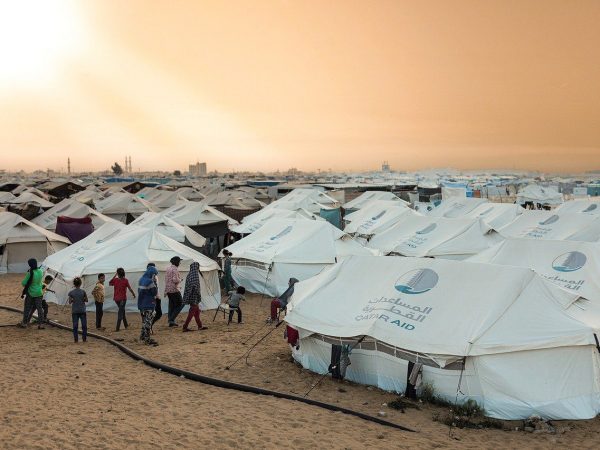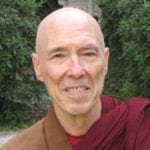Highlights
I want to ask us to wrestle with excessive comfort with dialogue and insufficient courage for confrontation.
We have to unroot the impact of these systems in our bodies and minds in order to see the change we want to see and I don’t know if I see enough people wanting to engage in that rigorous labor. It’s more than contemplative work. They think that all they have to do is show up to the protest, write a letter, or become a vegan and buy an EV or live off the land. It’s actually quite more than that. It’s the work of changing how we understand who we are and that we belong to the phenomenal world and we belong to communities and how I show up in the world has a direct impact on systems, communities and relationships all around me … it’s slow and multi-generational.
My ancestors give me a lot of hope, they survived chattel slavery, and made it possible for me to be in the world, a lot freeer. I came from people who struggled, who survived and who have always centered joy.
I see hope as a trap, as a way of avoiding the realities of the world, because this idea of hope perhaps comes from disempowerment of thinking, that there is going to be an entity or something else that is going to solve the problem, and it’s not taking responsibility for what our part is in changing this problem. So rather I like to see it as a commitment. Commitment pushes the responsibility, pushes awareness of what can I do … and understanding that the commitment is timeless.
All Panel discussions and practices from the 3 day RITA Summit (Resilience in the Anthropocene) can be viewed here.



